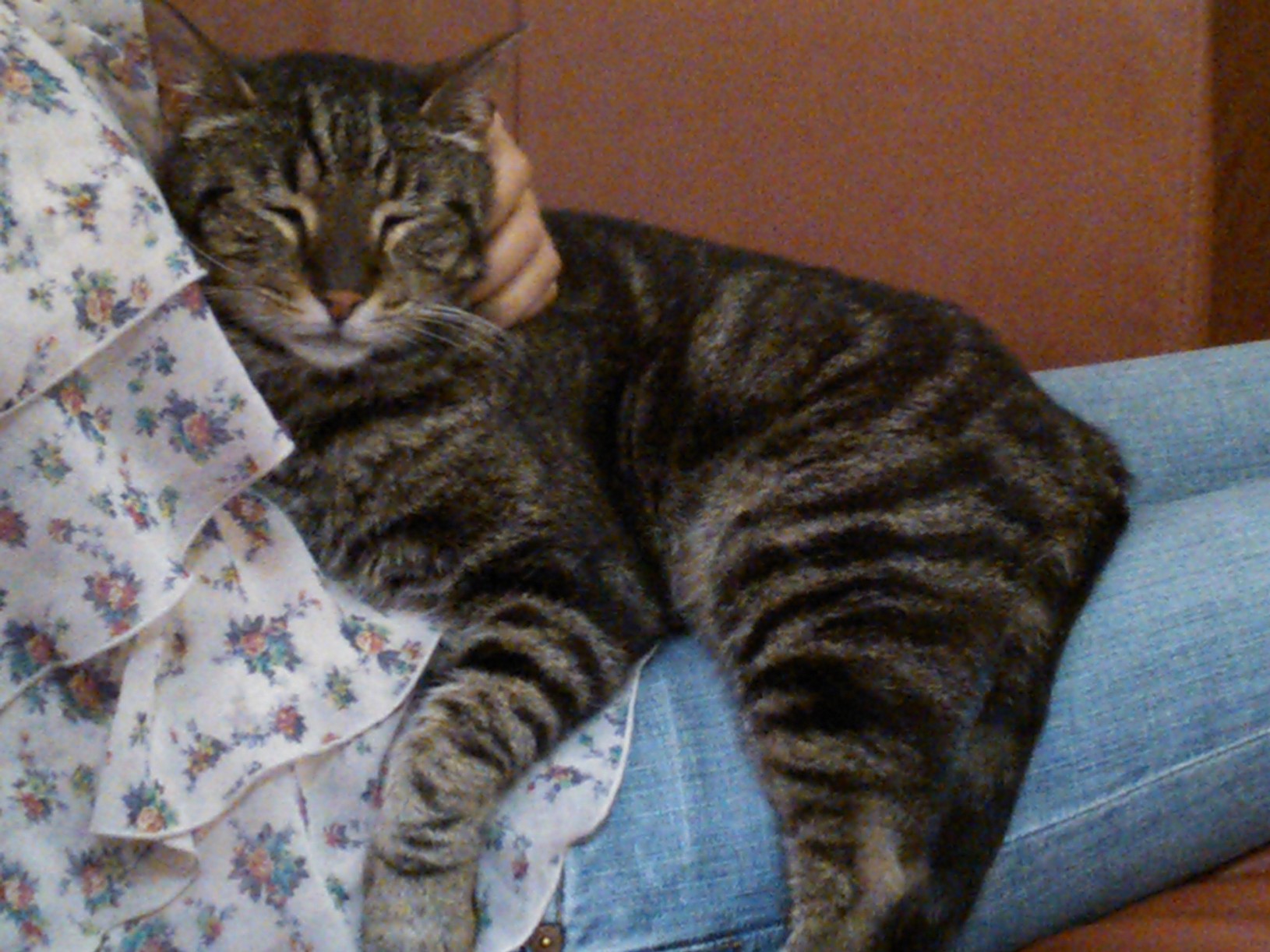I found this entry in the old journal my late mother wrote back in the 90’s. It is a small, leather, white book with gold leaves; she wrote some of her favorite quotes in it. As an expert in “things,” I really like this quote because it is directly related to what I see everyday. “Love people and use things, not love things and use people.”
People are so anchored to their things and equate themselves and their success (as well as their legacy) to these “things.” A legacy doesn’t mean leaving the kids with a large house full of collectibles. It means love them and teach them. That is ultimately what we take away with us and what means the most. Don’t misunderstand — leaving behind an heirloom or two is a lovely gesture, but I am referring to people who haven’t quite figured out that you can’t take it with you.
Turn on the TV and you will see that we are bombarded with shows about finding stuff and making money. One about finding hidden treasure in storage units and another who makes a good deal of money off other people’s lack of knowledge. Believe me when I tell you that 99% of people are going to remove from storage anything that has exceptional value, prior to them being locked out and forfeiting to public auction! Believe me when I tell you that those values are NOT accurate and not part of the real world. We’re in a recession! That’s just Hollywood.
We spend a lifetime collecting it, buying it, inheriting it, finding it, and then one day, we perish and leave this “load” for our kids.
How about we stop buying the stuff, sell the collectibles, and leave the cash to the kids, which they can really use and will hopefully truly appreciate? I know I would. This comment, while you may not agree, comes from years of listening to the children complain about this issue and why their parents never sold the things which mean nothing to them personally. The stuff becomes a huge headache to deal with; mom and dad said the items were so valuable and the kids discover in today’s market, the value is very low.
If we don’t get rid of the things, I see those children really struggle with guilt when the parents leave them. They end up filling their homes with the stuff, much to their own children’s and spouse’s chagrin.
These things are an anchor that will only bring you down, or bring down your children and heirs. Get rid of the stuff, save the cash, and love your family! Long after we are gone, our children and grandchildren will remember us by our actions, not our things.
© 2012 Julie Hall



